This is the newsletter version of Sara by the Season, where I explore a little bit of everything that’s on my mind as I try to lean into nature’s wisdom and rhythms. You can listen to me read you the newsletter by hitting play above - or you can click the little link above and to the right to play in your favorite podcast player. If you know someone who would like this sort of thing, I’d be so grateful if you would share it!
Several years ago, I came up with a model for my own yin yoga practice - and for how I teach it.1 Yin is based around the seasons of the year, but I broke it down a bit further, while still staying within the themes from each season according to Chinese Medicine.
According to “my” model of the year, February is for reflection. Winter, generally, is an invitation to review and reflect on seasons past, but I like February specifically for reflection before the onslaught of energy that comes with spring in March. I like to go into my new year (which I like to think of as the spring equinox) with a clearer picture of what I want and need more of and what things are no longer serving me that I can let go of or eliminate if at all possible.
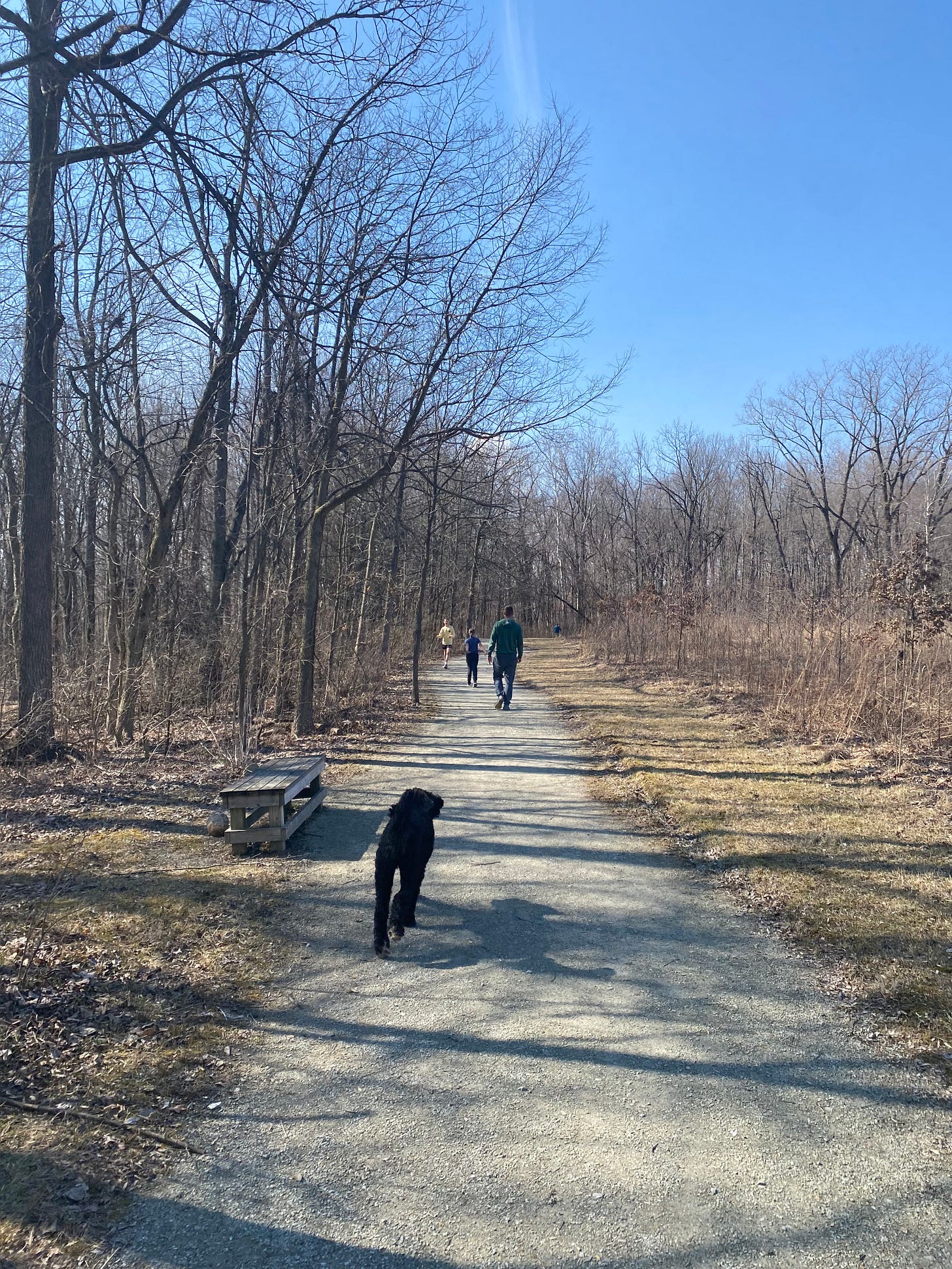
As I was preparing for February practices this year, I came across the Jewish tradition Elul, the last month of the Hebrew calendar and an entire month set aside for reflection. According to Hebrew tradition, Elul is a time for cheshbon hanefesh — literally “an accounting of the soul” - prior to the start of the new year. Of Elul, Rabbi David Wolpe writes, “Elul calls us to be deep sea divers into our soul…Only by apprehending who we are can we shape real hopes about who we might become.”
So in the Jewish tradition, every year there is an entire 28-29 days (the Jewish calendar is lunar) given over to reflection - and not only is the entire month set aside, but you’re doing this reflecting and “accounting of the soul” in community. You’re not off on your own dealing with your shadow or grieving the ways we’ve wronged loved ones; you’re practicing vulnerability with others who are doing the same. You have friends to help you think through what new things might be calling to you. You’re supported in this hard - and often gratifying - work. I frequently quote John Dewey who said that “you don’t learn from experiences…you learn from reflecting on your experiences.” If Dewey is right, we’d be wise to mimic our Jewish friends and set aside at least a month for reflection.
Yesterday was Ash Wednesday, the beginning of Lent, a season I secretly and weirdly loved growing up. I loved the idea of communally giving up (or adding something to the season, as my mom usually did). I liked how we knew what the rest of the family and close friends were doing for Lent, and the sense of accountability that brought with it. As I learned about Elul, it reminded me in some ways of Lent. I can see how Lent too invites us to be “deep sea divers into our souls,” as Rabbi Wolpe describes Elul.
Even though we think of Lent as kind of a bummer - a dreary season where we repent and give up the things that bring us joy - the word itself comes from an Old English word for spring, lencten, literally “to lengthen” referring to the lengthening days of spring. The word Lent points to what is happening in nature during this season: the lengthening of daylight and plants. Because of the way Lent’s dates are determined, it coincides with the generative time of spring. Things are growing - and quickly. During this month that I set aside for reflection, I’ve been wondering how I can lean more fully into the lengthening season, how I reframe Lent to be a season where I’m more intentional about the places and spaces I’m being invited to grow.
Us Americans hear “grow” and immediately think of how we could grow our bank accounts, skill-sets, resumes, but much of growth, especially as we get older, is gaining wisdom about all that we need to set down and surrender: stale habits and hang-ups, rhythms that are no longer serving us even though they once did, old stories we’re still living under whether they come from capitalism or the patriarchy or our families of origin or even our younger selves. Meister Eckhart, German mystic, famously said that “God is not found in the soul by adding anything, but by a process of subtraction.” Lengthening and growth come in all sorts of ways, which we notice almost immediately when we start spending more time in the natural world.
For many years, I fell out of the practice of Lent, telling myself that I didn’t need 40 days to should myself about things I should or shouldn’t be doing. But as I learned about Elul this month, as I thought about the ways it reminds me of Lent, and as I did my own reflecting, I realized that me ditching Lent was another way I’ve let the pendulum swing too far in the opposite direction. Many of our wisdom traditions incorporate some kind of season for reflection and contemplation. Instead of contemplating ways in which the rhythms of a reflection practice would be good for me and parceling out the guilt-inducing parts to leave behind, I just threw the baby out with the bathwater. Back in November, I wrote:
We aren’t going back to living together in small villages where we all share the same spiritual beliefs and practices, and obviously, many of those communities had their own problems. But the fact remains that we’ve collectively freed ourselves from the shackles that organized religion used to provide, but we have nothing to replace it, which has left us dis-eased (literally dis-at-ease) individually and collectively.
Setting aside some time each year for “an accounting of the soul,” seems like a wise rhythm to incorporate into our lives, but it’s really hard and lonely to do it alone. If we aren’t part of spiritual communities that incorporate these kinds of practices into our lives, how can we start those kinds of communities? If we are part of spiritual communities already, how can we lean into these more ancient rhythms together? If we’ve been harmed by our religious or spiritual traditions, how can we recover some of the goodness that those traditions did provide while acknowledging the ways they’ve harmed those of us on the inside of the tradition, especially those on the outside of said traditions, and the more-than-human world?
Whatever your tradition, the lengthening season of spring seems like a great time for those stretching kinds of questions, especially in community.
Scattering Seeds
I’m always finding stuff that supports the thesis of the book I’m writing on the benefits of leaning into nature’s wisdom, so I thought I could start sharing those links and things here with all of you in hopes of some of the seeds I share germinating into something beautiful at your place.
I loved these Elul reflection questions from RitualWell, a beautiful Jewish resource.
Maria Popova on the importance of adopting a telescopic view for at least some of your reflecting.
A beautiful thing I’ve been thinking about this month is how we are in desperate need of communal reflection and reconciliation. So many of our disagreements today boil down to a refusal to sit with the communal sins of our past, repent from them, and the willingness to do the work reconciliation requires. First comes the sitting with, though, and this site has a ton of resources, including videos, reflection questions, activities, etc. on various topics that would help us do this work, especially in community. I especially liked the decolonization toolkit and this shorter one on cultural humility.
Traditionally, Ash Wednesday is a time for Christians to reflect on their own mortality, but many Buddhists practice doing so everyday in a practice that is often called the Five Remembrances (or reflections). I love this practice as a way of clarifying the present each day.
Cheers to lengthening season,
Sara
This was as part of a separate curriculum that I was about to launch in March 2020 called Mindfulness by the Seasons. You can guess what happened to that, but I’ve been thinking about re-launching it. If you have any interest, I’d love to hear from you - just reply to this email, and I’ll send you deets.





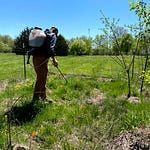
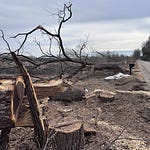



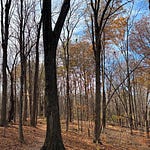

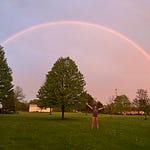
Share this post